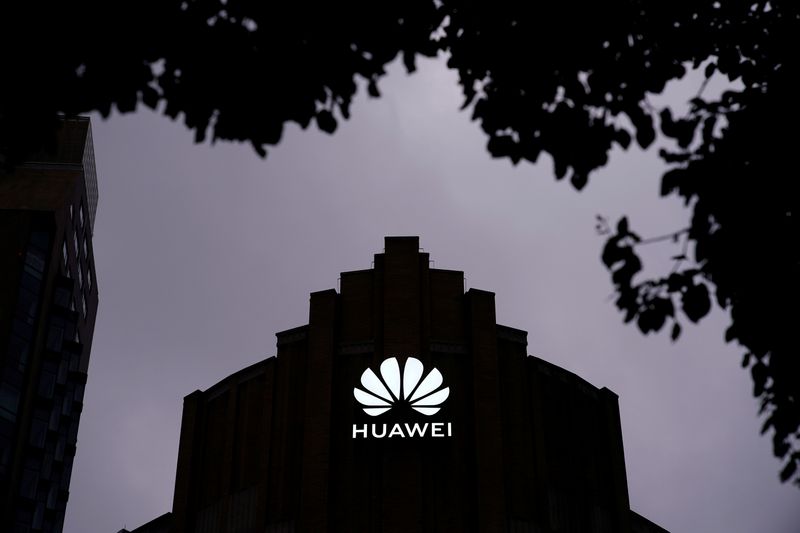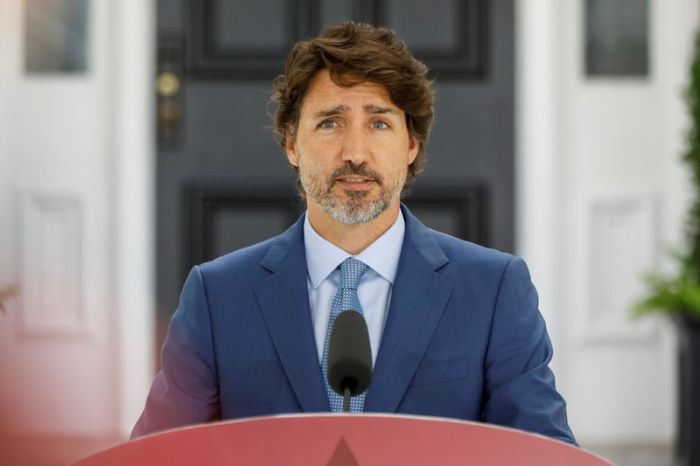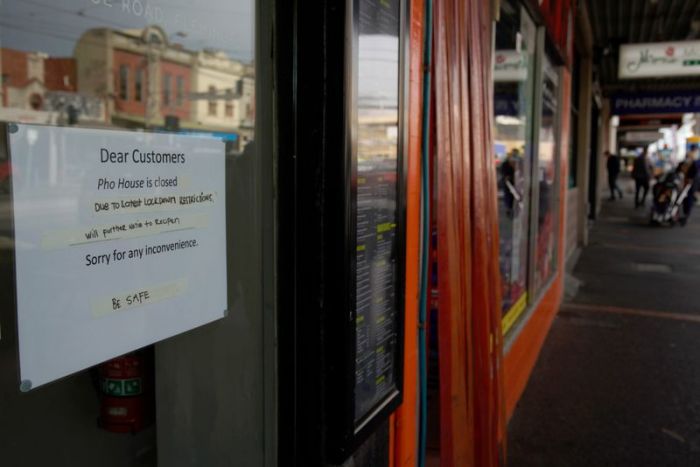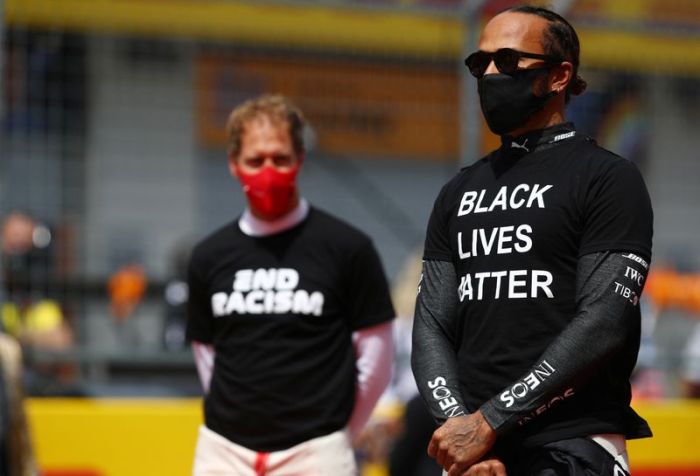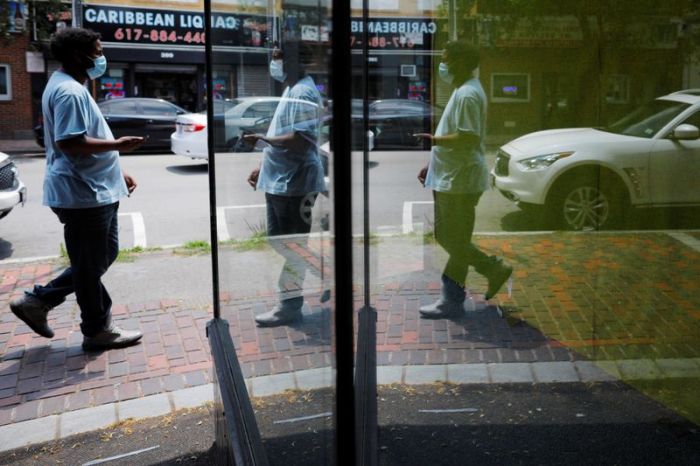(Reuters) – China’s Huawei reported a sharp slowdown in revenue growth on Monday, ahead of Britain’s expected decision to ban the company from its 5G telecom networks – a move likely to add momentum to a U.S. campaign against it and threatening its global prospects.
The world’s biggest telecoms equipment vendor and No.2 smartphone maker said revenue rose a relatively modest 13.1% in the first half of the year, after more than a year of pressure from the U.S. and months of disruptions from the coronavirus pandemic.
Privately held Huawei Technologies released the numbers earlier than it has in the past ahead of the anticipated U.K. ban, a landmark move expected to anger Beijing and win plaudits from U.S. President Trump.
U.S. officials in May announced new rules aimed at constricting Huawei’s ability to procure crucial chips that it designs for 5G networking gear and smartphones. Those restrictions, coupled with pressure from the Trump administration and a domestic political backlash over China’s actions in Hong Kong and elsewhere, have pushed U.K. Prime Minister Boris Johnson to change course on Huawei.
The U.K. decision comes as Germany and other European countries finalize their policies on Huawei and 5G.
“Whatever the U.K. does is going to have quite a symbolic impact on Huawei’s position in Europe,” said Nicole Peng, an analyst at research firm Canalys. “I believe what Huawei is hoping for right now is to delay these countries’ decisions as long as possible, at least as long as up to the U.S. elections.”
The German government is expected to made a decision in September. Deutsche Telekom, Huawei’s largest customer in Europe, has argued strongly against any blanket bans on individual foreign vendors.
In Italy, Telecom Italia has excluded Huawei from a tender for 5G equipment for the core network it is preparing to build in Italy and Brazil, two sources familiar with the matter told Reuters last week.
The head of French cybersecurity agency ANSSI ruled out a total ban on Huawei equipment for 5G networks in a newspaper interview on Sunday, but said French telcos were being encouraged to avoid switching to the Chinese company.
Last month, the Asian city-state of Singapore selected Nokia and Ericsson over Huawei to build its main 5G networks.
The campaign against Huawei began in 2018 in Australia when the government effectively banned it after finding it could be exploited for spying https://www.reuters.com/investigates/special-report/huawei-usa-campaign. Since then U.S. allies including Canada, Japan and New Zealand have excluded Huawei from 5G projects, but most European governments declined until recently to follow suit.
SLOWING REVENUE
Huawei, which prior to the coronavirus pandemic had already forecast a “difficult” 2020, said revenue rose 13.1% to 454 billion yuan ($64.90 billion) in the first half of the year. The growth rate was down from 23.2% in the first half 2019. Net profit margins were 9.2%, up from 8.7% in the first half 2019.
Huawei did not publish data on how many smartphones it had shipped during the period, as it has in the past. Research firm IDC reported Huawei was the second-largest phone maker in the first quarter of 2020, with a 17.8% market share, behind Samsung Electronics Co Ltd and ahead of Apple Inc.
American officials placed Huawei on a blacklist in May of last year, restricting sales of U.S.-made goods such as semiconductors and blocking Huawei from using Google’s smartphone services. The U.S. says Huawei is an agent of the Chinese Communist State and cannot be trusted, allegations that Huawei denies.
The daughter of Huawei’s chairman is under house arrest in Canada as the U.S. attempts to extradite her for alleged sanctions violations by the company.
($1 = 6.9958 Chinese yuan renminbi)
(Reporting by Stephen Nellis from San Fransisco; Additional reporting by David Kirton in Shenzhen, China; Editing by Chris Reese and Christopher Cushing)

